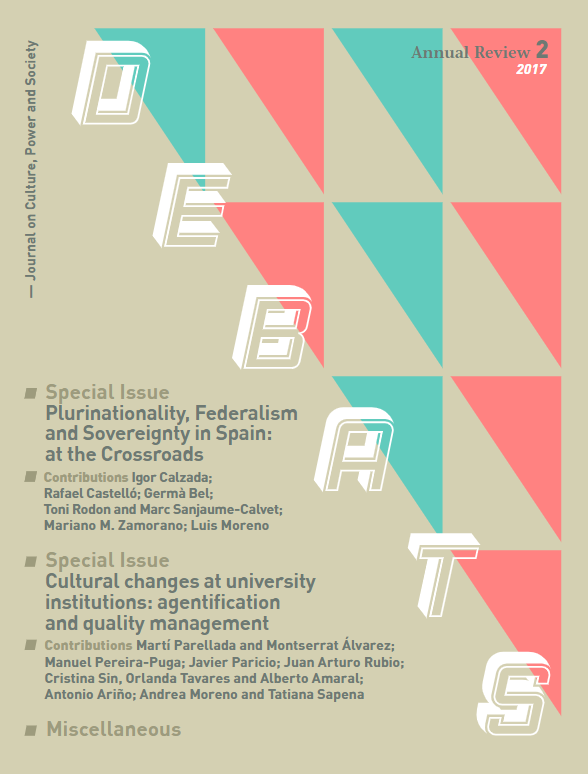Reputation and rankings
Resum
Over the last decade global rankings of universities have begun to grow in importance allowing national and international comparison of higher education institutions. In fact, they are already at the heart of public discussion about the role of universities in our societies because they provide a way of measuring and comparing the quality and results of these institutions and thereby, influencing their reputation. The most important of these rankings (such as the Academic Ranking of World Universities, Shanghai Ranking, Times Higher Education World University Ranking, and QS World University Ranking). All of these put universities into a league table where the ranking of a given institution is based on a composite score that reflects the weights of several individual indicators. This article reviews the methodology of three rankings, focusing on their limitations and weaknesses (such as over‑stressing research or their subjectivity in setting specific weights for each individual indicator). Finally, we present the U‑Multirank, promoted by the European Commission, which seeks to overcome the limitations of traditional rankings. It is an alternative way to rank universities, based on their performance as gauged by a wide number of indicators in five dimensions—(1) Teaching and Learning; (2) Research; (3) Knowledge Transfer; (4) International Orientation; (5) Regional Engagement—and in several subjects.Descàrregues
Descàrregues
Publicades
Com citar
Número
Secció
Llicència
Sense perjudici del que disposa l'article 52 de la Llei 22/1987 d'11 de novembre de Propietat Intel·lectual, BOE del 17 de novembre de 1987, i conforme a aquest, els/les autors o autores cedeix/en a títol gratuït els seus drets d'edició, publicació, distribució i venda sobre l'article, per tal que siga publicat a Debats. Revista sobre cultura, poder i societat.
Debats. Revista de cultura, poder i societat es publica sota el sistema de llicències Creative Commons segons la modalitat “Reconeixement – NoComercial (by-nc): Es permet la generació d’obres derivades sempre que no se’n faça un ús comercial. Tampoc no es pot fer servir l’obra original amb finalitats comercials”.
Així, quan l’autor/a envia la seva col·laboració, accepta explícitament aquesta cessió de drets d’edició i de publicació. Igualment autoritza Debats. Revista de cultura, poder i societat la inclusió del seu treball en un fascicle de la revista perquè es puga distribuir i vendre.











